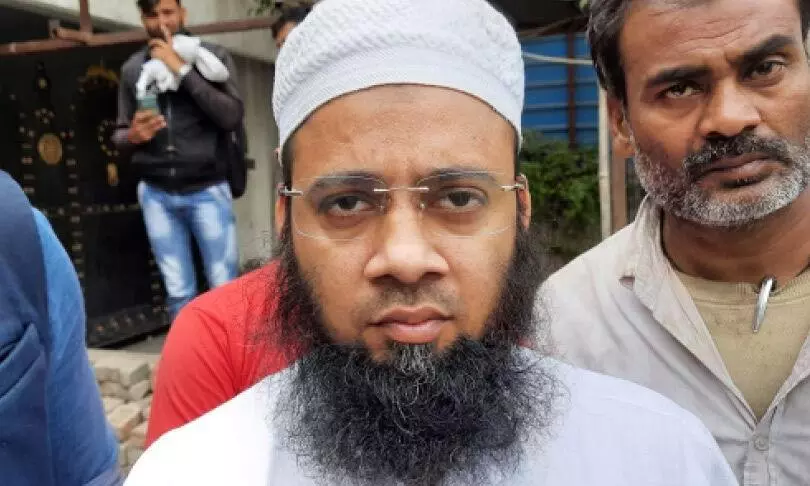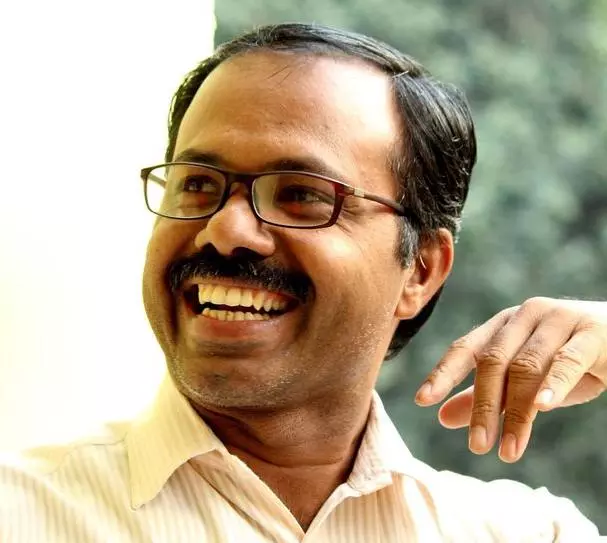

Mufti Saleem, talking to Madhyamam
The prayer crisis in Gurugram: existing mosques demolished; eidgah, waqf properties acquired
text_fieldsAmidst a situation in which Muslim prayer spaces are scarce, and once-in-a-week Friday prayers have been blocked, the Muslim community in Gurugram, Haryana claim that the crisis is not merely the absence of mosques, but something more: the government confiscated and demolished even the existing mosques and eidgahs (Eid prayer grounds). Prayers were prohibited unilaterally, even without a willingness on the part of authorities to talk to Muslim community, says Jamiutul Ulama-e-Hind leader Mufti Saleem, one who has been trying to resolve the issue.
He said that attempts to make trouble have been going on since 2018. The trouble-makers are implementing the Hindutva agenda of suppressing Muslims more and more, and to that end they have instigated some of residents' associations to stage protests against congregations. But most of the people in Gurugram, Mufti Saleem said while talking to Madhyamam, are against these divisive forces.
"It is the lack of any government initiative that exasperates the situation. What we wish is that sister community representatives like Gurudwara Committee and Akshay Yadav come forward and put an end to this aggression", he explained. Tahir Hussain, son of Zakir Hussain, Administrator of Haryana Waqf Board and national Vice President of BJP Minority Morcha, also underlines the same idea.
Tahir Hussain said the Haryana government and the BJP are keeping their hands off the issue, and it is the Hindutva extremists who block the Juma (Friday) prayers. Kulbhushan Bharadwaj, who is no more in the BJP, is the one who leads the bid to stop prayers. Tahir also confirms that several mosques and eid gahs and Waqf land property in Haryana were confiscated and destroyed.
One mosque in Naurangpur was flattened with bulldozer. In Mevgarh too, a mosque was wrecked. In Palam Vihar, Gurugram the eidgah plot, owned by the Waqf Board was declassified, during the chief ministership of Congres leader Pradeep Singh Hooda, and handed to a builder. Thus, by encroaching and cancelling mosques and waqf land, even existing prayer facilities were denied.
Now, there are not enough mosques. In Gurugram, where scores of multi-national companies operate, thousands of Muslims from different parts of the country work at all levels of the hierarchy from top to the bottom, and people run short of prayer venues. " The government has to either demarcate areas for prayer in locations that it has acquired for commercial purposes, or allow community halls or similar facilities. Or else, the private companies should arrange facilities for prayers in their premises, as done in airports" opines Tahir Hussain.
























